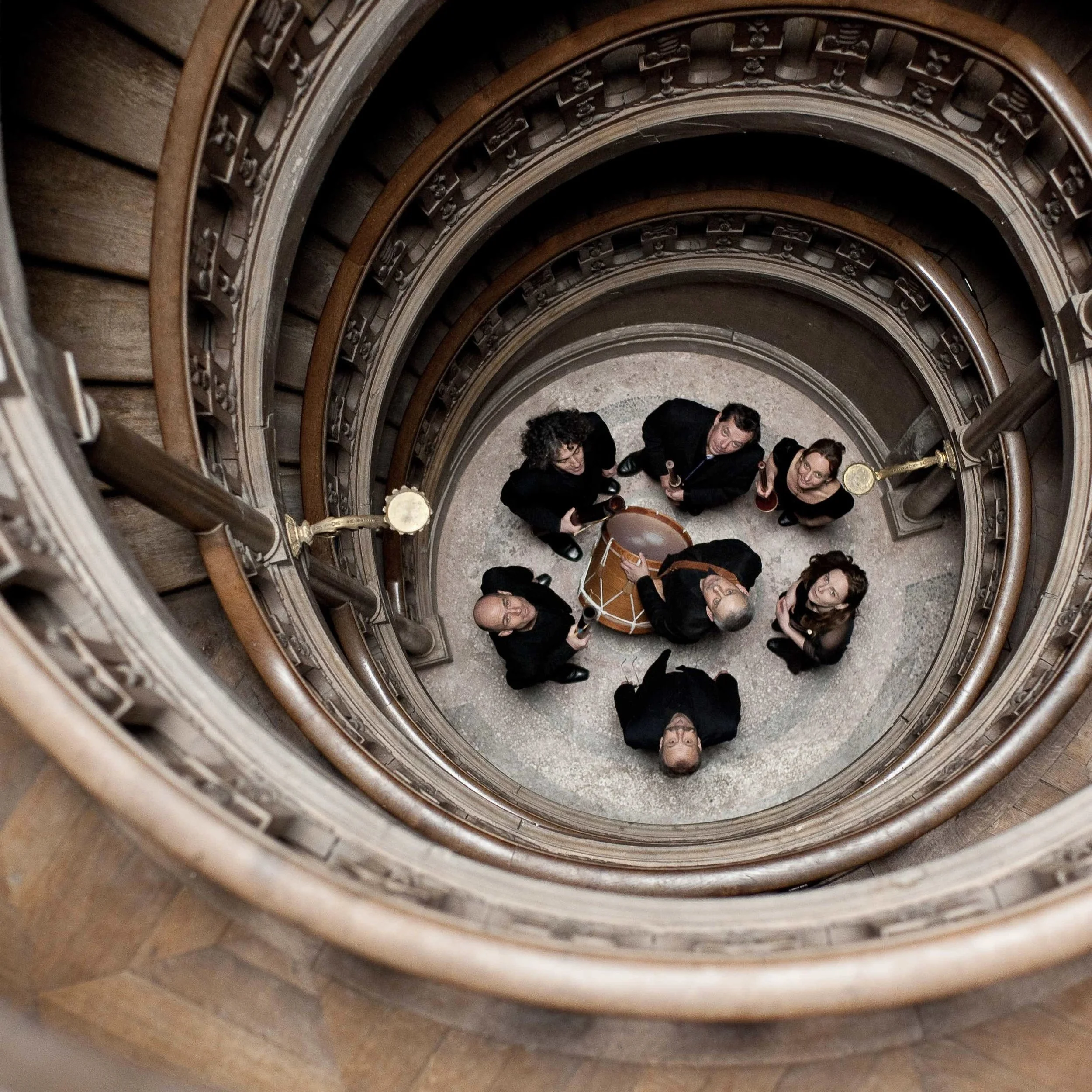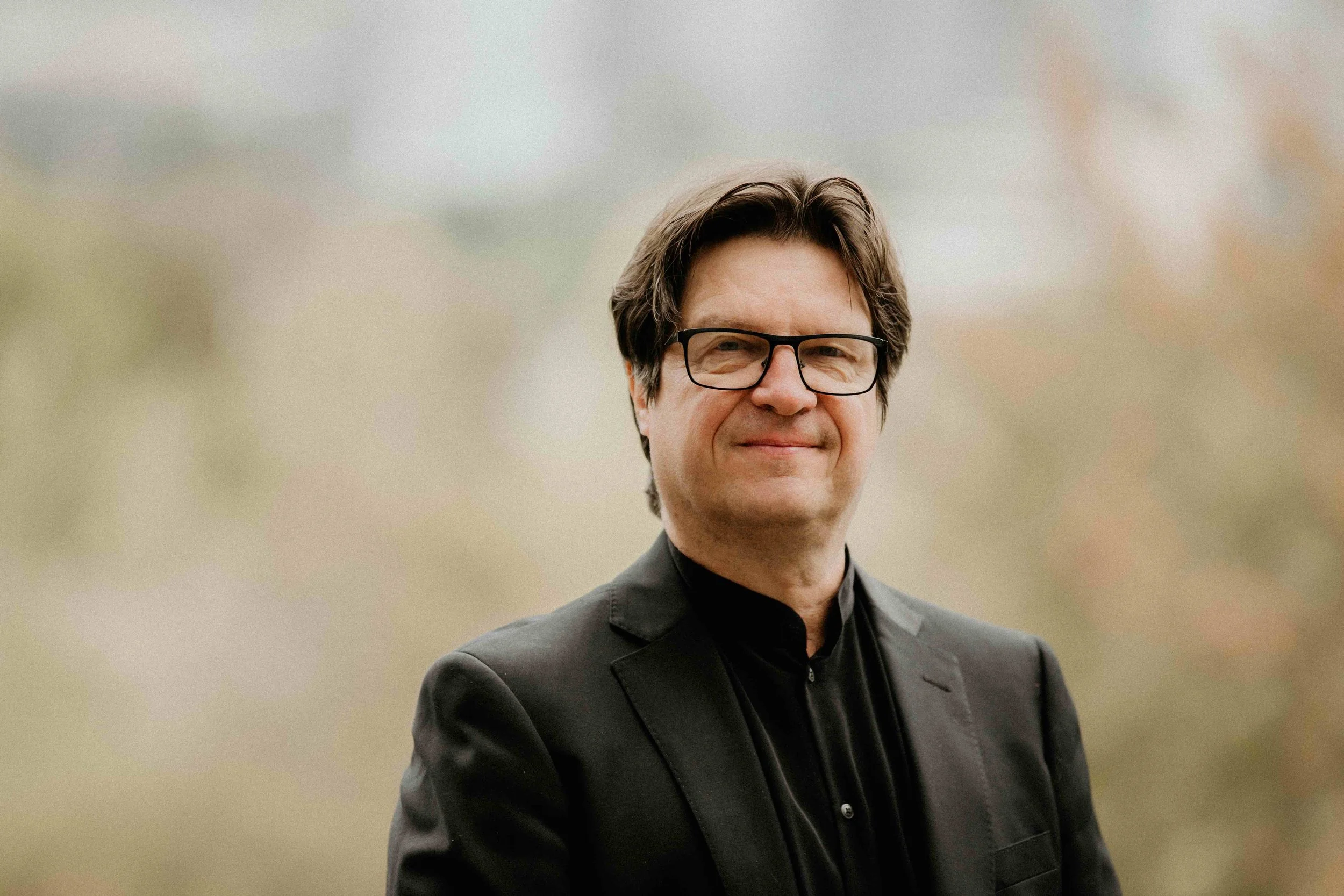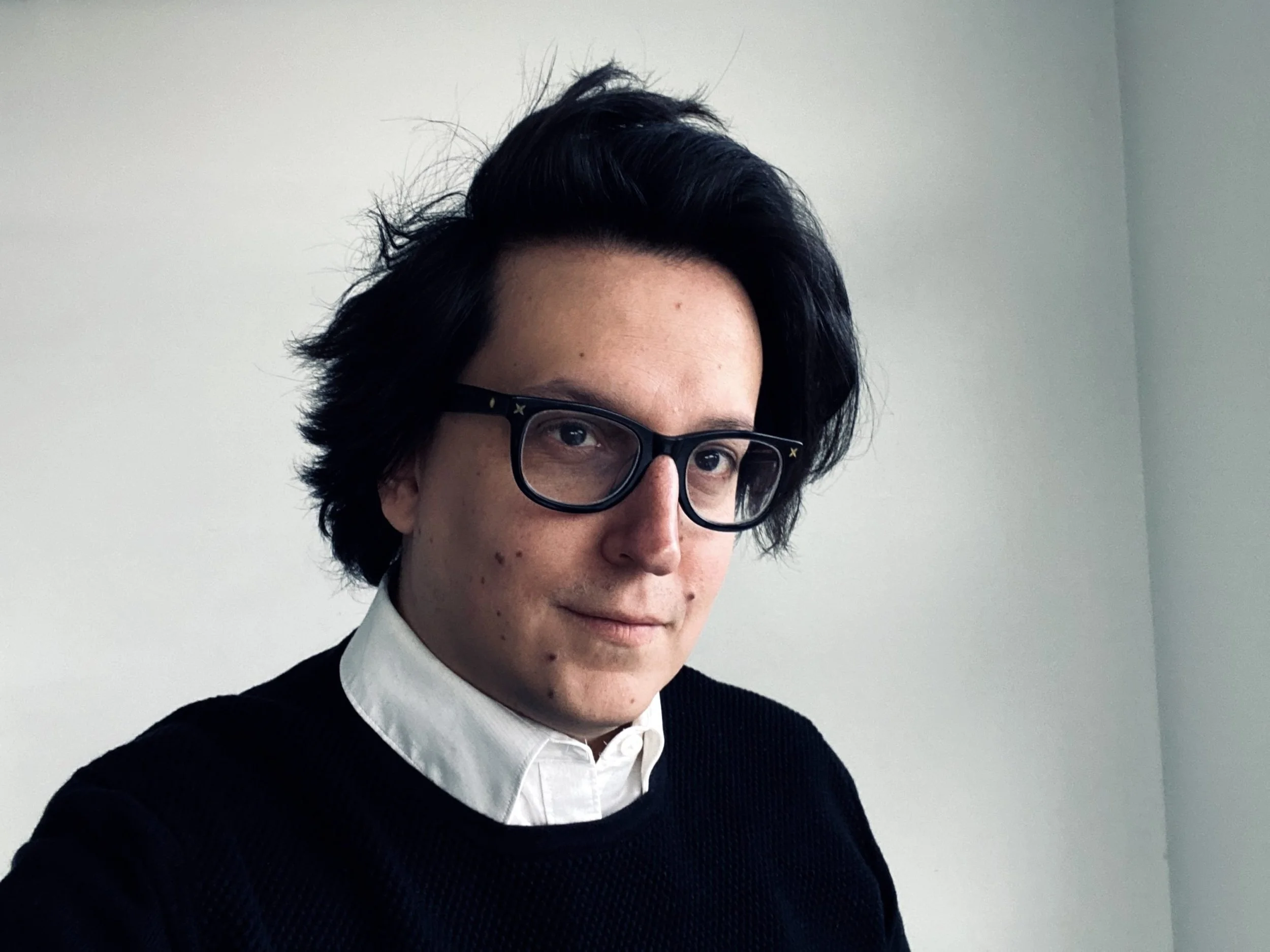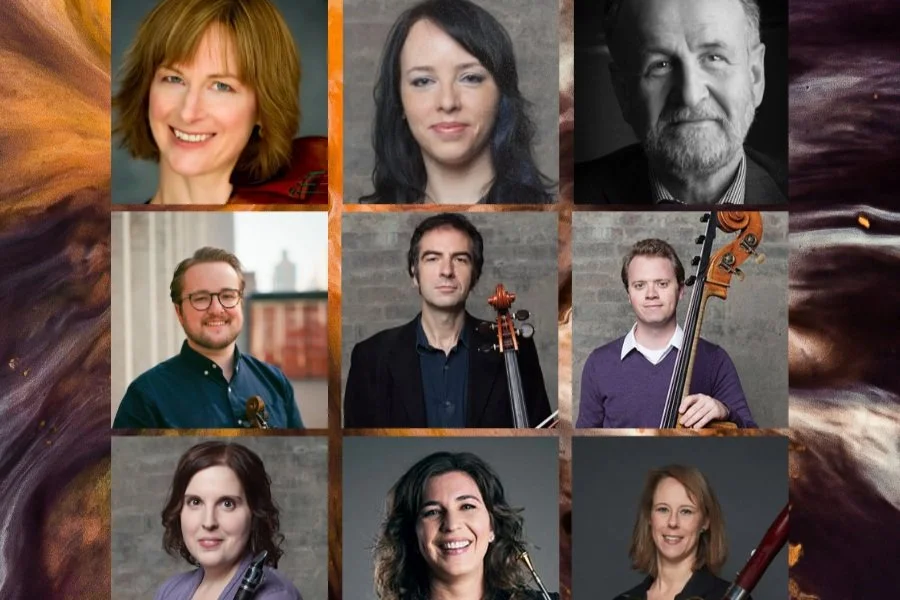Games in Music concert plays into the power of video-game soundtracks
Lucas Waldin will conduct UBC Symphony Orchestra and UBC A Cappella in a performance with live interactive elements and VR immersive art
Lucas Waldin.
The Chan Centre for the Performing Arts presents Games in Music: Halo, WoW, LOTR at the Chan Shun Concert Hall on November 4 at 7:30 pm
TO SOME, THE fact that Lucas Waldin is not a gamer might make him seem like an odd choice to conduct a concert made up largely of music from video games. The reality is not that Waldin dislikes games, though. To hear him tell it, he might just like them a little too much.
When he was younger, as he reveals during a recent phone interview, he logged his fair share of hours with games like the original Tony Hawk Pro Skater and Call of Duty.
“I get really addicted to it, so I usually just don’t play,” Waldin confesses to Stir. “I’ve played in the past, but I try to stay away for sanity’s sake.”
Even if he is no longer an active player, however, it’s fair to say that Waldin is well-versed in video-game culture—the musical side in particular. When he steps up to the podium in Vancouver on November 4, the Toronto native will lead the UBC Symphony Orchestra and UBC A Cappella through a program of pieces that will be instantly recognizable to fans of Halo, Kingdom Hearts, World of Warcraft, and Undertale. Also included will be the premieres of the orchestral scores from two games developed in Vancouver: Celeste and Glitchhikers: The Spaces Between.
The concert, called Games in Music: Halo, WoW, LOTR, is part of a larger event at UBC called Games in Action, a conference that delves into the various impacts that video games have had on society. Games in Action will feature keynote addresses, panel discussions, and a pop-up arcade.
Concertgoers will get their chance to play as well, thanks to Waldin’s favourite video-game composer, Montreal-based Maxime Goulet.
“We’re going to play a piece called Beach Ball Games for Orchestra,” says Waldin, who holds degrees in flute and conducting from the Cleveland Institute of Music. “With some friends, Goulet actually developed a game, which is played live in the concert, and the audience controls the game by hitting around a seven-foot beach ball. So they control what’s happening on-screen. It’s a very brilliant, interactive way of bridging genres and cultures and combining different media.”
Nor does the visual component of Games in Music end there.
“We have a virtual reality artist who is going to be on-stage with us,” Waldin says. “Her name’s Juliana Loh, and she’s a local artist who specializes in an app called Google Tilt Brush; it’s a 3-D art-creation platform. She’s extraordinarily talented, I have to say. The stuff she creates is unbelievable. We get a chance to see her create live, and that’s streamed right to the screens. We get to see her point of view, and we also get to see worlds and creations that she’s created over weeks, actually, to accompany the music. So that’s quite special.”
The program also includes music from fantasy and sci-fi films by Oscar-winning composers Howard Shore (Lord of the Rings: The Fellowship of the Ring), John Williams (Star Wars), and Michael Giacchino (Star Trek Into Darkness). Although they were created to serve the narrative needs of two very different media, Waldin argues that movie scores and game soundtracks have much in common.
“The music for the video games has the same drama; it has the same sweeping symphonic power,” he says. “You can’t have a game like Halo without this massive, sweeping orchestral score, in the same way that you can’t have a Star Trek movie without this massive Hollywood orchestra sound.”
As proof of the music’s potency, Waldin points to the immediate effect it has on the fans who attend concerts like the one he’ll be conducting at the Chan. “As soon as you start one of these pieces, the audience freaks out,” he says. “They know the tunes so well, and you hear little murmurs and shouts of excitement. I think they totally work as concert pieces.”














